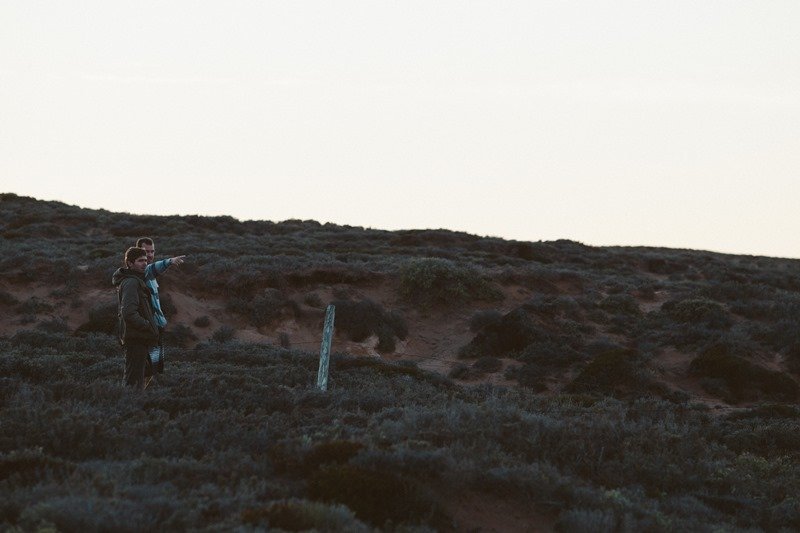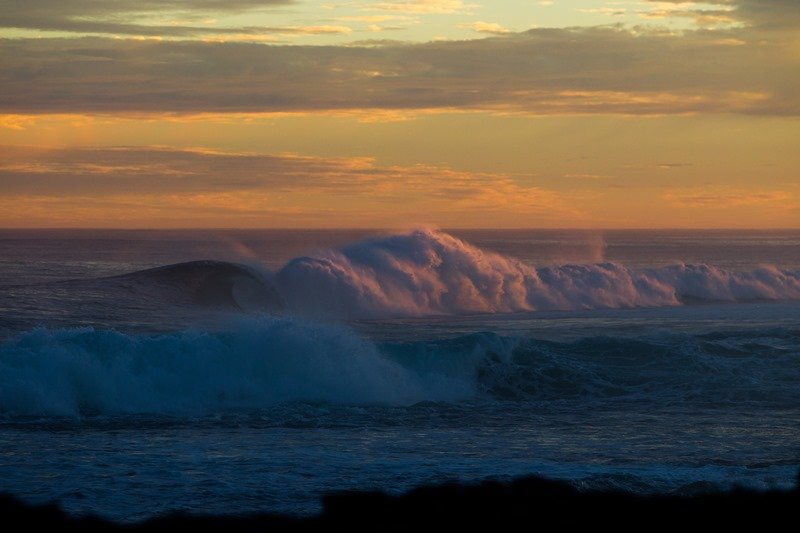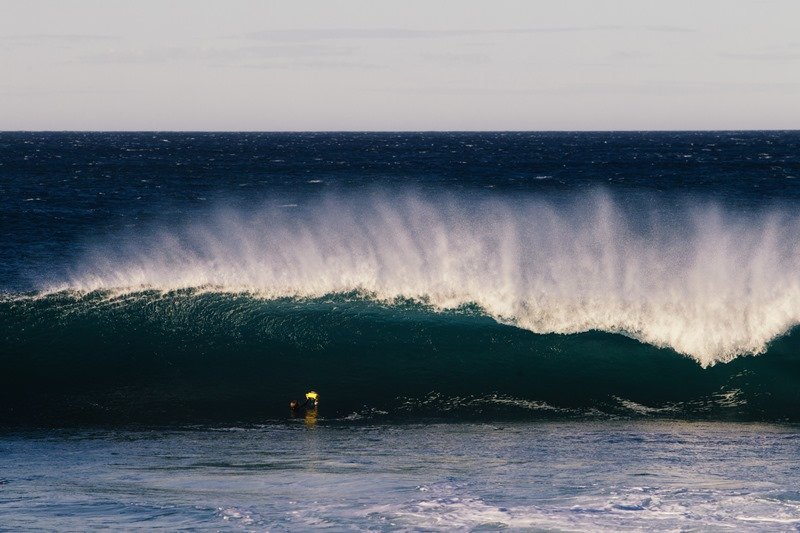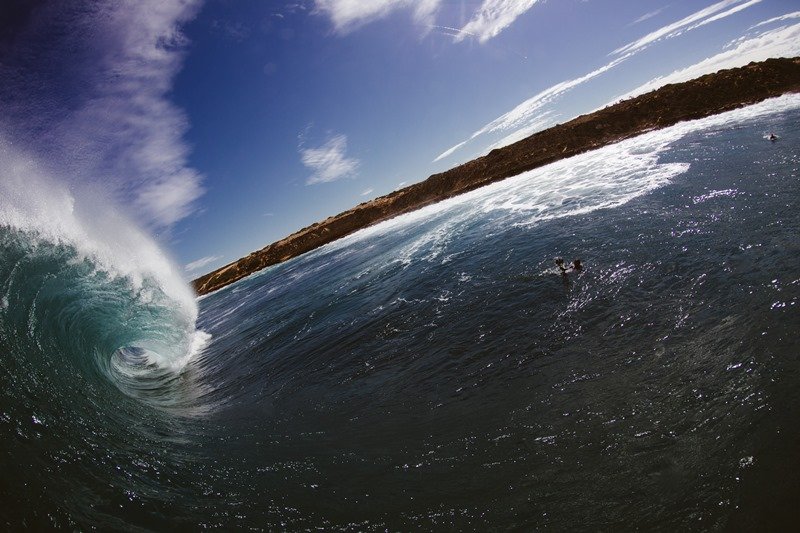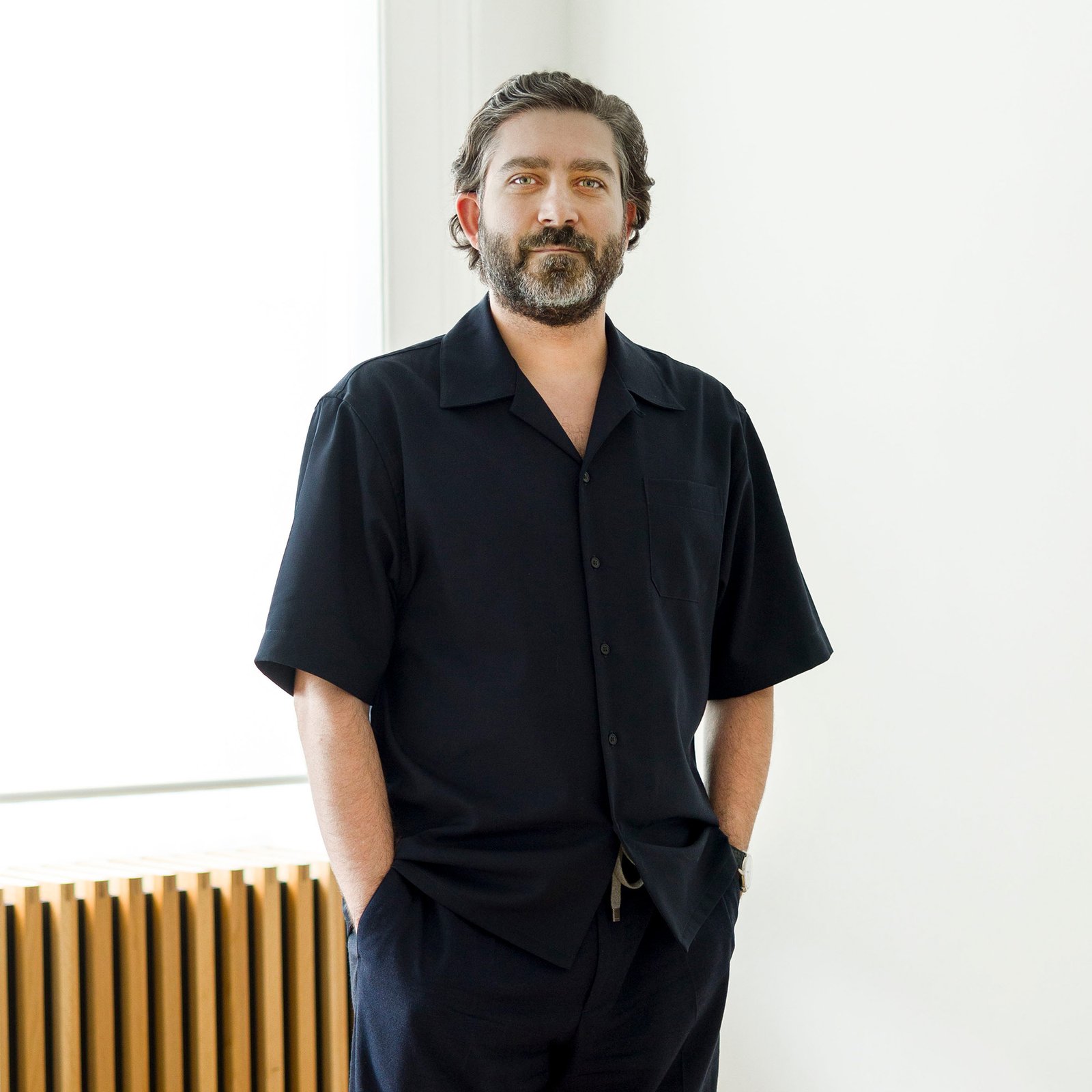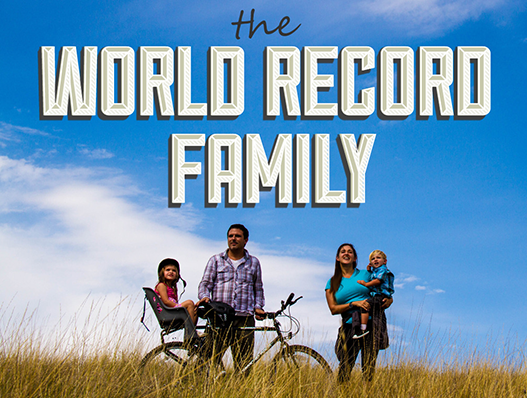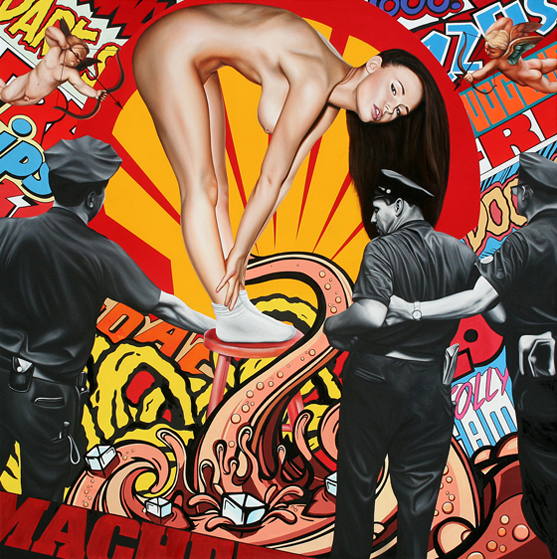Australia –
Never one to waste a creative opportunity, Australian filmmaker Darius Devas seized the chance to travel to Anjuna Beach to shoot the reunion of the original Goa hippies and delve into the engrossing world of Goa in the 70’s. His intimate and captivating videos tell the stories of those who shared a common space on the shores of Goa and have re-united after 30 years via facebook. Emaho caught up with Darius about the Goa Hippy Tribe, his passion for sharing stories and his future aspirations.
Emaho : You originally started in the industry making surf films. However, after a while, you decided that you preferred narrative filmmaking. What makes you so passionate about telling people’s stories?
It’s interesting you should ask it in the context of making surf films because I’ve just returned to the form for the first time in 10 years. I’m making this experimental surf film called Within. It’s not really a surf film, more an exploration of the ocean as a metaphor for our collective consciousness. It’s a really special project and very close to my heart. For those interested in following it you can follow the FB page Being Here. But to answer your question, there are many reasons I find the process of telling people’s stories endlessly fascinating; hearing peoples biographies helps me shape how I live my life, as in either how to live or how not to live! And I love sharing that with people because we can all learn from each other’s experiences.

Darius Devas filming Eddy on Super8
Emaho : The term “hippy” can be quite ambiguous and even the people in the Goa Hippy Tribe don’t all associate themselves with the word. Having been born part of the community yourself, what do you think it means to be a “hippy”?
There is no answer to that question, it’s all up to the individual, how they see it and if they chose to relate to it. To me it is a way of collectively identifying a movement from a certain time and place. It has strong associations but I don’t read too deeply into it.
Video Courtesy, Being Films
Emaho : The people you interviewed gave varied reasons for going to Goa, from escapism to enlightenment. What do you think formed the basis of the Goa community and allowed it to function effectively?
Again, saying ‘Goa community’ is like saying ‘hippy’. There were and are lots of different communities that created the ‘tribe’ and each person had their own reasons for being part of it. In broad, sweeping terms, I see it as a movement away from the West and its ideals, to a new paradigm, but that is a very general view.
Emaho : In an interview, the late 8 Finger Eddie stated: “The best thing to be is to be completely disillusioned… to be completely hopeless”. What do you think he means by this?
I think he is suggesting that expectations lead to disappointment. I think there is a lot of truth in what he said, it’s just a very strong way of putting it.
Emaho : There’s no denying that drug use was a substantive part of the scene in Goa, but how big a role do you think it actually played in making the hippy scene the happy, euphoric and spiritual place it’s known to have been?
Again, I can only answer that in the most general sense. LSD and marijuana definitely played a part in shifting the consciousness of the times. ‘Euphoric’ and ‘spiritual’, from what I’ve understood, are not words I would use to describe the majority of the times. I think that would simplify it into something it’s not.

Darius Devas filming Within, by Ben Lee
Emaho : How does the new generation compare to that of the 1970’s?
I think we are lucky in a lot of ways because when you do something new, when you are pioneering, there are a lot of hurdles to cross. You have no boundaries so you push the limit and there can be a heavy price to pay for that. A lot of things at the time were so revolutionary but are now commonplace and grounded, so in many ways it’s easier to just get on with it. That being said, the pristine Goa of years gone by, purely in terms of the environment, must have been a very special place. I cannot imagine a Goa without mountains of rubbish and plastic and that is sad. It is the reality though, so you just learn to accept and try to leave as little a footprint as you can.

Within, Ben Lee
Emaho : The individuals forming the ‘Goa Hippy Tribe’ came from all parts of the globe. Tell us about the process you went through of collecting and putting together all the interviews that form the documentary?
As my parents were so involved with the scene, a lot of it was about reaching out to their friends. It was also about just showing up during the time of the reunion. There was so many people there. I bumped into a bunch of them on the beach and asked if they were interested. Obviously Facebook helped a lot too, having already played such a big part in reuniting everyone.
How did your family come to know, and become part of the community? Why did your parents originally go there and what did they find attractive about living there?
My parents both traveled on the hippy trail across from Europe to India, I think it was a word of mouth thing in those days, people just heard about these mythical beaches of Goa and wanted to experience it for them selves. It was actually in Goa on the beach that they met and the rest they say is history. I think it was about the natural lifestyle that they loved in the beginning and as time went on they established a community of friends around them and it became home.

Within, Ben Lee
Emaho : Goa Hippy Tribe is believed to be one of the first-ever Facebook documentaries created globally. Can you discuss how using such a massive online platform in collaboration with film transforms the medium and how the audience connects with the content?
It was a lot to do with timing. The project had this direct link to Facebook; having a page for people to easily connect allowed for a lot of magic to happen and stories to be shared. I think there are a lot of people around the world who have an interest in those times, so it just kept expanding. It was an incredible experience to watch it grow. I also think Facebook had a more personal feel in 2010 than it does now. My hunch is that people would be much less open to sharing their personal lives and experiences if it were being made today.

Within, Ben Lee
Emaho : Can you tell us about any current projects you have or are planning for the future?
Like I mentioned, I’m doing an experimental surf project, Within, which I’m very excited about. I’m also doing a project called This City Speaks, which follows a structure similar to Goa Hippy Tribe. It is an online documentary series about the effect artists have on the cities they live in. I’m also writing the script of my second feature film, which is a slow and challenging process but the challenge is what keeps me interested.
Art & Culture Interviewed by Stephanie Cardy
Feature Image : Goa Hippy Tribe house
